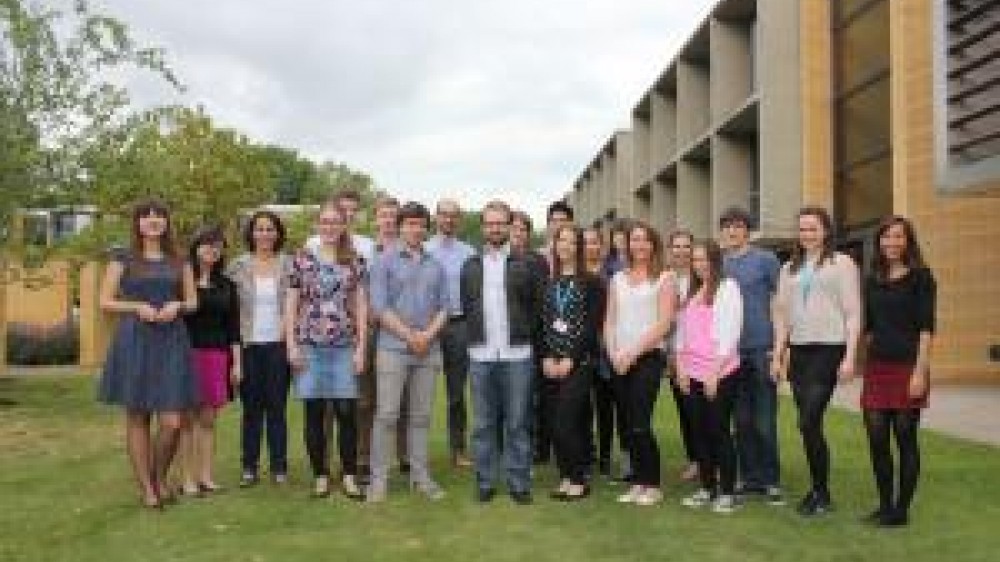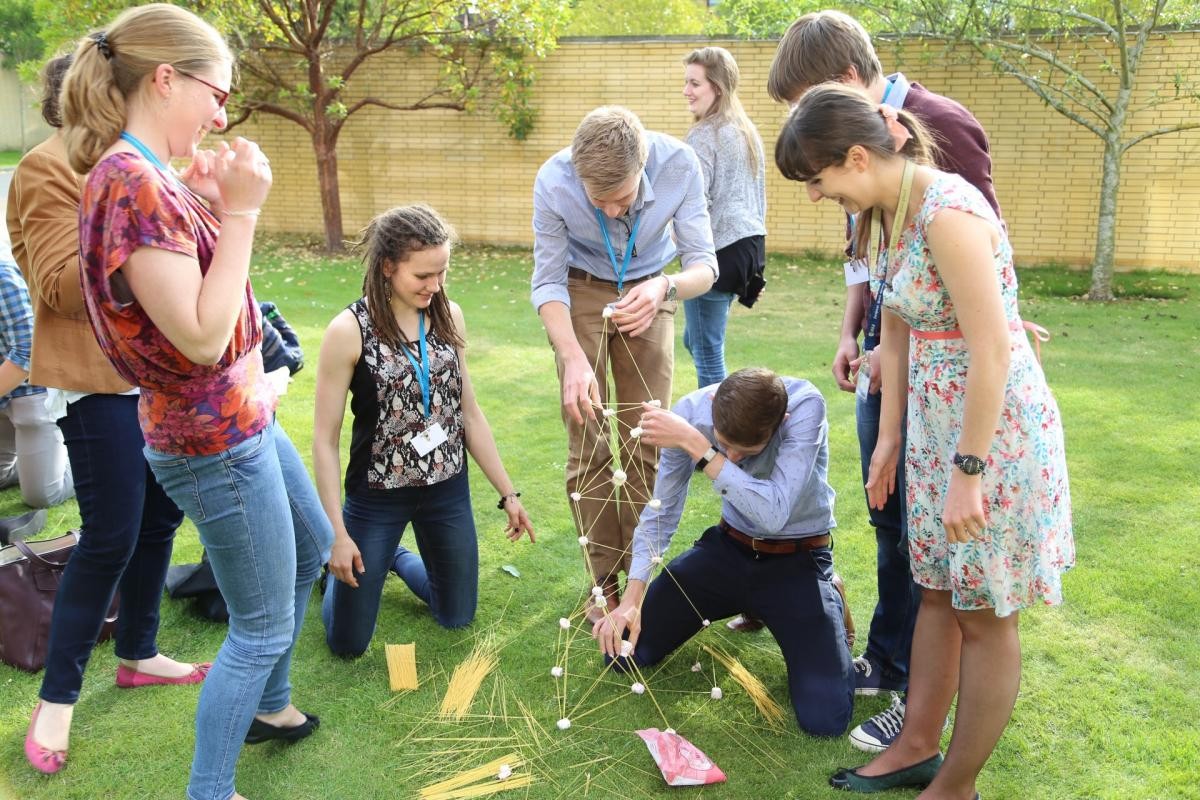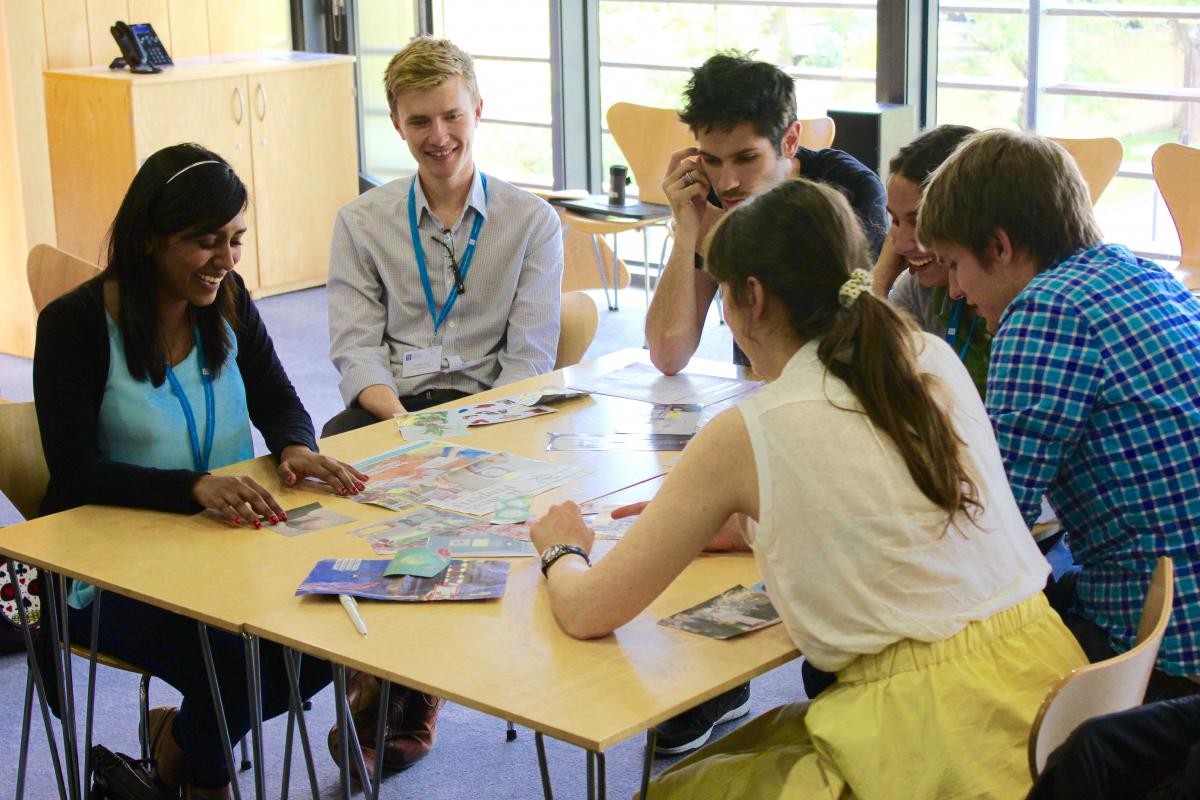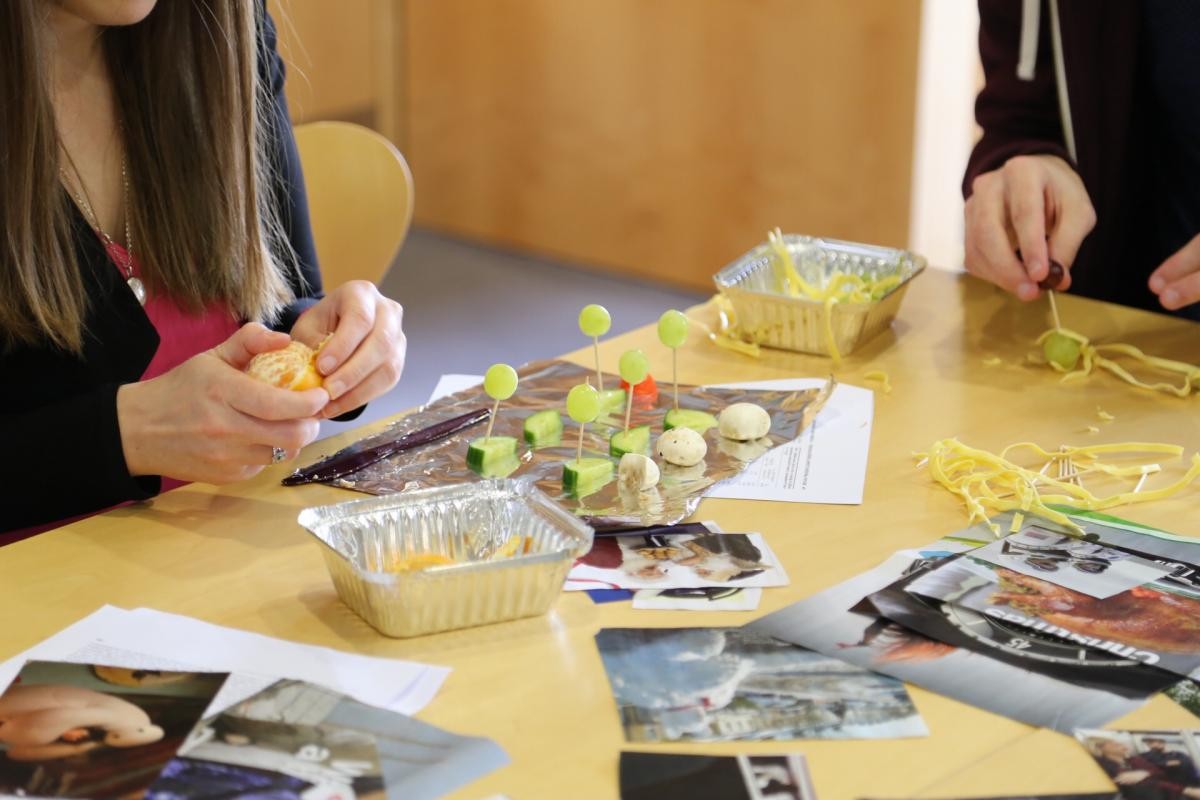NC3Rs Summer School 2015

The third annual NC3Rs Summer School was held in late June at St. Catherine’s College in Oxford.
The three day event brought together first year NC3Rs PhD students from top institutions across the country to engage with the 3Rs, improve their transferable skills, and network with their fellow students.
This year marks the first time that non-NC3Rs funded PhD students with an interest in the 3Rs were invited to attend the event. Students from the hosting university of Oxford hailed from a diverse range of departments, and although all were working with animals, few were acquainted with the NC3Rs and the depth and breadth of its work. The Summer School was thus an excellent opportunity for all of the students, NC3Rs and Oxford alike, to learn more about the NC3Rs and how they can apply the 3Rs to their own research. The greater diversity of students in different research areas was an additional benefit, allowing the students to exchange knowledge and ideas with peers outside of their own field, but with whom they shared a common interest.

Over the course of the three days, students were asked to present their research, and to work together to present solutions to two real world 3Rs problems – addressing the scientific limitations and welfare issues of in vivo models in the fields of cancer and stroke. Not only did they get to improve their presentation skills, but the combination of these activities encouraged them to think about the application of the 3Rs to both their own work and research areas outside of their expertise.
Students also got to know each other and the NC3Rs staff with some fun activities. They played ice breaking games, communicated without speaking, and worked together to build the tallest marshmallow and spaghetti towers. An off campus dinner in Oxford on the second night gave everyone the chance to relax and socialise, as well as explore the city’s many historic pubs.

On the second day, students participated in a range of highly interactive workshops designed to help develop their transferable skills. These included sessions on experimental design and the ARRIVE guidelines, public engagement, and time and self management techniques to improve their PhD experience. As part of a series of public engagement exercises, the students were challenged to present their research using only pictures from magazines, and then using food. These hands-on activities were not only entertaining, but got the students thinking about the different ways they could present their work to lay audiences using unconventional techniques.

The Summer School programme also featured a range of speakers on topics like careers options in industry, NC3Rs partnerships with industry to reduce animal use in drug development, and scientific and 3Rs challenges in asthma research, the latter given by NC3Rs Board Chair Professor Stephen Holgate.
On the final day, the students heard from NC3Rs Chief Executive Dr Vicky Robinson, who spoke about being an ambassador for the 3Rs, and former NC3Rs PhD student Dr Kamar Ameen-Ali, who gave the students lots of practical advice on seizing opportunities to present their work and the 3Rs. The Oxford students, in turn, had the opportunity to hear from Oxford 3Rs sub-committee chairman Dr Stuart Peirson, who spoke on the University of Oxford’s commitment to the 3Rs, and gave the students useful contacts and information about the resources available at the University to support ethical, 3Rs-minded research.
At the end of the three days, students came away from the Summer School with a greater understanding of the NC3Rs and its work to improve science and animal welfare, a supportive network, and a strong base of practical knowledge on how to apply the 3Rs to their research which will hopefully stand them in good stead throughout their careers.
